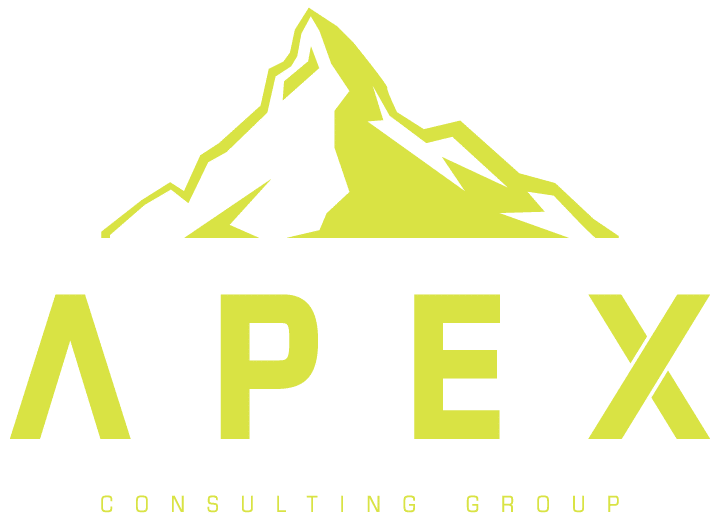
This interested parties’ requirement has got many people scrambling…making stuff up…not wanting to commit…scratching their heads. So, they do what they believe is easier or what the third party is going to accept.
NO. NO. NO.
Think about it this way; your interested parties, RELEVANT to your quality management system, want you to know who they are and monitor information about them and their requirements. They don’t want you to be guessing…they want you to be confident in your ISO 9001 training.
Sure, there are a ton of interested parties, as defined by ISO 9000:2015 (Fundamentals and Vocabulary) an interested party is a “stakeholder, person or organization that can affect, be affected by, or perceive itself to be affected by a decision or activity.” This definition is a nice list of examples of interested parties, some of which may or may not be interested in your QMS!!!
Do you now see the difference between what we think is required and what is actually required?
As an example, Bankers want to be paid. They are interested in your financial management system and its well-being. Do they care about how your QMS ISO 9001 consultant identifies your products? Does the banker have a vested interest in when your management review(s) is/are held (i.e. once a quarter or once a year, or not at all) or are they interested in getting returns on principal and interest?
Another example…just outside of a US DOD facility, which employs approximately 22,000 military and civil servants, resides a fast-food burger joint. Based on the definition in ISO 9000:2015, leaving out the words “relevant to the quality management system” this burger joint is an interested party to the US DOD facility and may even perceive itself to be affected by a decision or activity of the facility and its workforce. Do they now need to be monitored by the leaders of this US DOD facility? If so, what are their requirements for ISO 9001 training?
This just doesn’t make any sense!!!
Let’s really understand what is being asked of us and of our suppliers when it comes to interested parties “relevant to the quality management system” (QMS). These are those parties who see your QMS ISO 9001 training and classes as a significant attribute of your organization. Does that mean all customers are relevant interested parties? Yes, but not all are relevant to your QMS. You may have some customers who just want a quality product while others insist your organization be an ISO 9001:2015 registered firm before they can utilize your services as a supplier.
See the difference?
One more example…What about suppliers? Do they set requirements for customers or do customers set requirements for suppliers? Are they interested in the QMS of their customer or in customers purchasing their products or services and paying their bills? Something to consider and every organization is different. Nevertheless, for every relevant interested party, there is an invitation of a QMS ISO 9001 training to monitor information about them, and their requirements and receive feedback from those interested parties who are relevant to the QMS. This data can potentially be trended so leaders can see how their relevant interested parties are seeing them as a supplier.
The standard is also clear on who defines the interested parties relevant to their QMS…the organization does, not anyone else. The requirements in 4.2 of ISO 9001:2015, although interpretable, were not intended to be confusing but to invite organizations to realize there are different interested parties and they have different interests in the organization and/or their outputs. There are interested parties who are relevant to the environmental management systems, the marketing management system, the safety management systems, and so on.
So, please, do yourself and your QMS ISO 9001 consultant a favor by allotting the needed time and effort to recognize: 1) who they are, 2) what their requirements are, and 3) the administrative costs and efforts it will take to monitor information about them and their requirements. This subset of interested parties can have a significant impact on how your QMS is implemented and improved and you’ll stop guessing and making stuff up.
